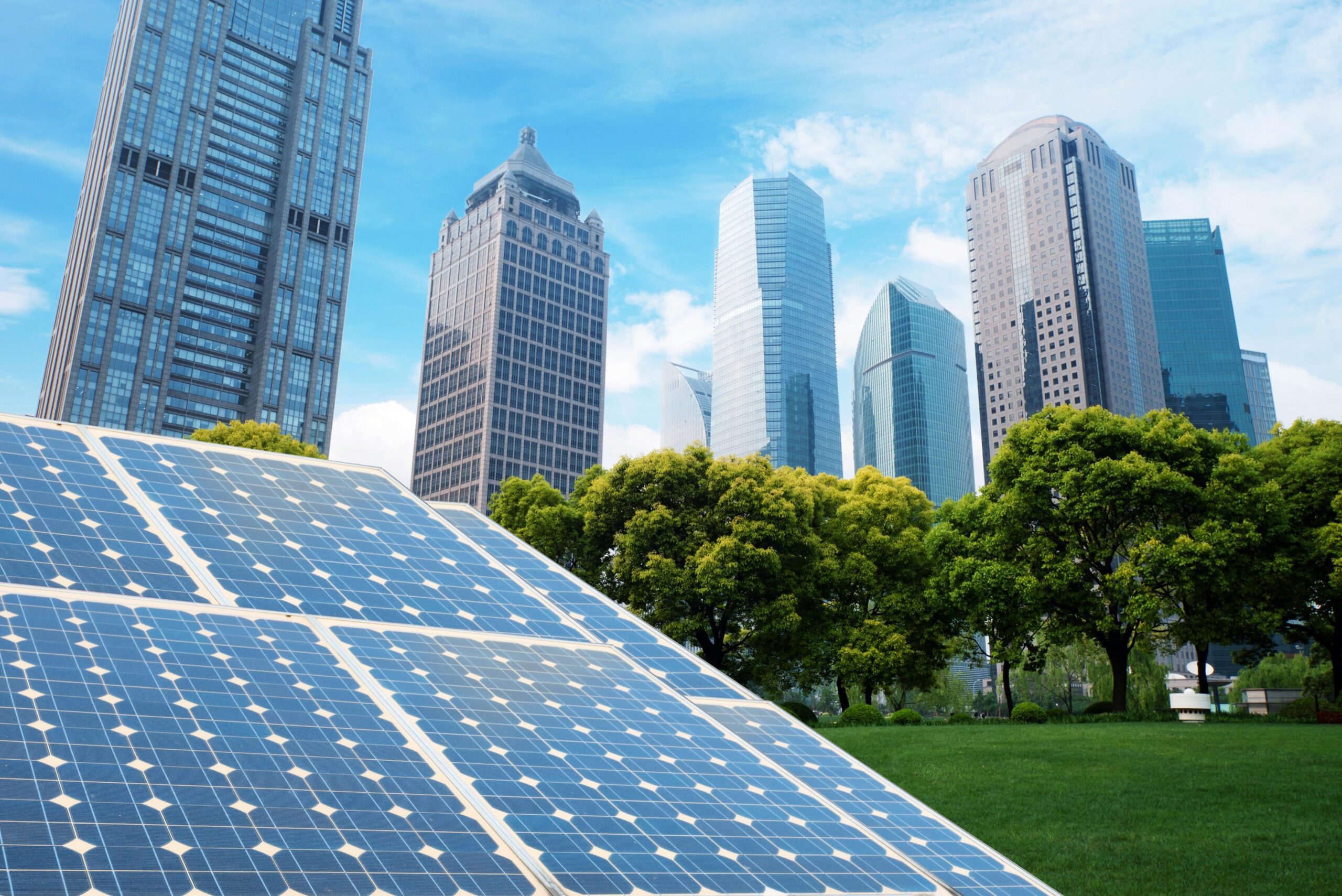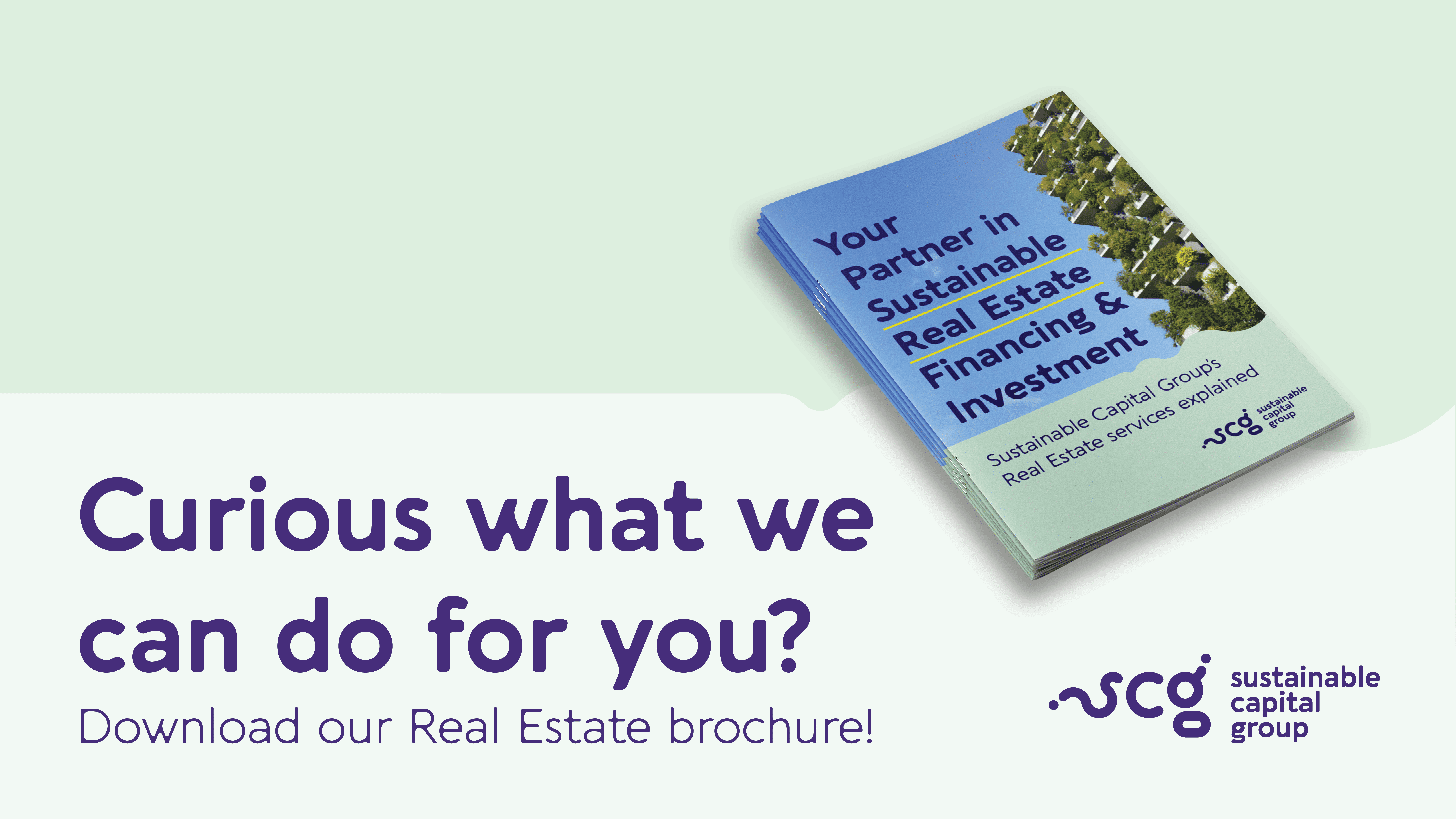How Sustainability Impacts Real Estate Returns: Strategic Insights for Investors
Sustainability has transitioned from a mere buzzword to a strategic imperative for investors. As environmental concerns become more pressing and regulatory frameworks grow increasingly stringent, the integration of sustainable practices is no longer optional—it’s a business necessity. For real estate investors, sustainability not only offers a path to contributing positively to the environment and/or society, but it also presents a unique opportunity to enhance financial returns. By embracing energy efficiency, risk mitigation, and long-term value creation, sustainability-driven investments are set to shape the future of real estate and provide lasting competitive advantages.
How Does Sustainability Impact Real Estate Returns?
For real estate investors, a crucial question is: how does sustainability influence investment returns? The answer is multifaceted. While sustainable investments may involve higher initial costs, they often yield long-term benefits. These include enhanced and more stable cash flow, risk mitigation, and potential for increased property values.
Value Drivers of Sustainable Real Estate
Sustainability influences multiple aspects of real estate valuation, making it a critical consideration for investors. Key value drivers include:
- Energy efficiency for tenants or end users: Energy-efficient buildings are highly valued by potential buyers or tenants. By reducing operating costs, these properties contribute to sustainability goals while offering tangible financial benefits.
- Green certifications: Properties that hold certifications such as BREEAM, LEED, or WELL tend to attract more interest from tenants and investors who prioritize environmental and social responsibility. For more information on how these certifications affect real estate yields, see our previous blog on the impact of ESG credentials.
- ESG characteristics: Buildings designed with environmental, social, and governance (ESG) principles may offer additional value to tenants and investors. Properties that comply with ESG standards can command higher premiums, particularly in a market increasingly attuned to sustainability considerations. However, for this to be reflected in valuations, there must be suitable comparable assets for appraisers to compare and assess the impact on yields. Read more about how ESG is transforming real estate valuation.

Risk Drivers of Sustainable Real Estate
While sustainability helps mitigate several risks impacting property valuations, certain challenges remain. Key risk factors include:
- Climate change risks: Climate risk is becoming a major consideration for real estate investors. Properties located in areas vulnerable to flooding, wildfires, or other climate-related hazards face greater market risk, potentially leading to reduced market value.
- Regulatory risks: Owners of properties not in compliance with environmental regulations may face penalties or fines. This non-compliance can also negatively impact market perceptions of these assets.
- Social risks: Properties with negative reputations, such as those linked to poor labour practices or environmental damage, may be seen as higher-risk investments, resulting in lower market valuations and making it harder to secure financing.
Cash Flow Drivers of Sustainability Investments
Investing in sustainable real estate can provide several advantages in terms of cash flow, further enhancing a property’s market value:
- Higher rental income: Sustainable properties can command higher rental income due to their appeal to tenants seeking energy-efficient, environmentally responsible spaces. This can increase net operating income (NOI), which ultimately enhances property valuation.
- Reduced operating expenses: Sustainability often results in reduced operating expenses. Energy-efficient buildings, for example, incur lower utility costs, which can increase the property’s NOI and boost its market value.
- Lower cap rates: Cap rates (or yields), are an important determinant of market value. Sustainable buildings often experience tighter cap rates due to their perceived lower risk and long-term stability, translating into a higher property value.
- Better financing options: Sustainable properties appeal to a broader pool of lenders and therefore may even qualify for more favourable financing terms, thanks to a more competitive capital markets process.

Conclusion:
Investing in sustainable real estate offers a compelling opportunity to generate attractive financial returns while contributing to a more sustainable future. By improving operational efficiency, mitigating risks, and enhancing property values, sustainability-driven investments can provide a strong foundation for long-term success.
However, investors must carefully evaluate each opportunity, considering factors such as upfront costs, potential savings, and market demand for sustainable properties. Not all sustainability initiatives will lead to immediate or substantial returns, so due diligence is essential to ensure alignment with financial objectives.
By analyzing value drivers, assessing risk, and conducting thorough due diligence, investors can identify opportunities that not only promise strong financial returns but also make a meaningful impact.
Any Questions?
At Sustainable Capital Group, we specialize in sustainable finance. If you’re curious about how sustainability strategies can enhance your real estate investment returns and align with ESG principles, fill out our contact form and we’ll be in touch with you shortly!




